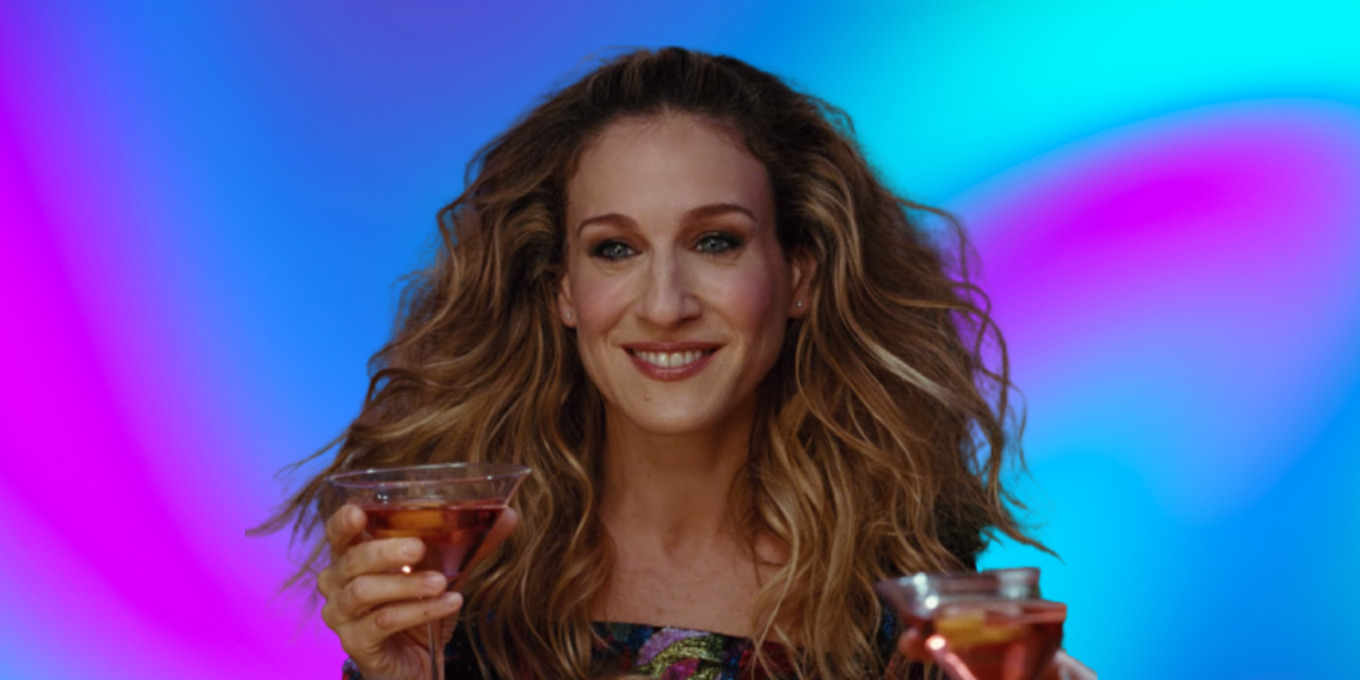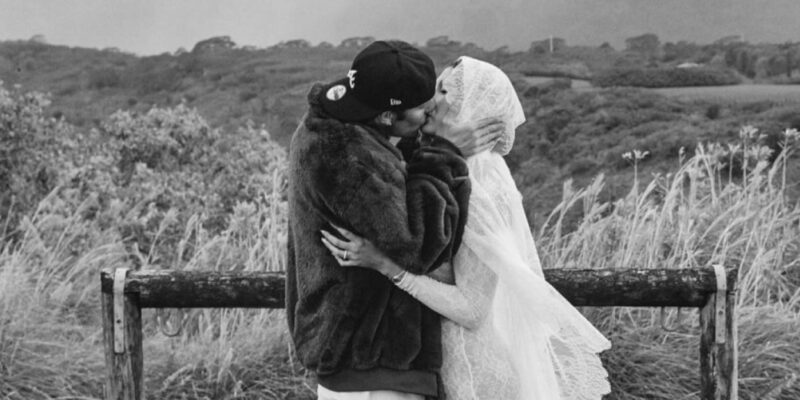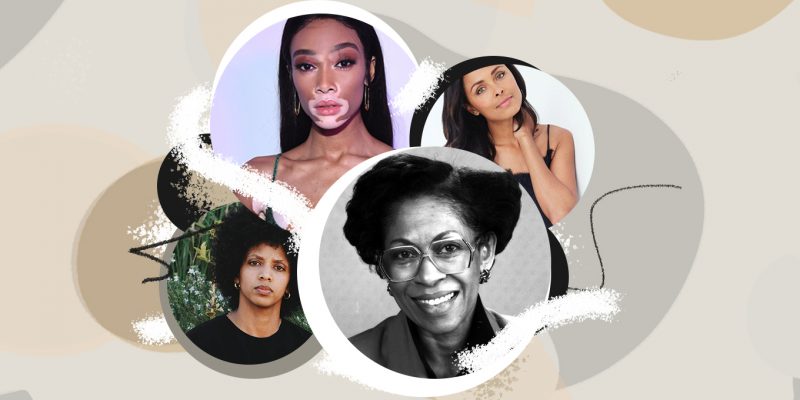
HBO (Sex and the City)
On January 2 of this year, Kelly St-Pierre, a DJ and advertising creative in Montreal, took to Instagram with a “new year, new me” post: “I’m back DJing full force, and I’ve brought with me the good habits I picked up during the darkest days of the pandemic, making 2023 a whole lot brighter,” she wrote. “Don’t get me wrong, there are still downs, but they’ve been a lot less deep since I broke up with hangovers.” St-Pierre, who quit drinking in September 2021, wasn’t the only person on my feed talking openly about their decision to give up alcohol or cut way back. There was also someone I went to university with, a friend’s vet, a Canadian magazine editor in New York whom I wish I knew in real life, Chrissy Teigen, Bella Hadid and pretty much all of Gen-Z.
Then the Canadian Centre on Substance Use and Addiction (CCSA) shook the country to its pickled core when it released its new alcohol guidelines. It stated, among many, many other things, that if you drink two or fewer standard drinks per week, you’re likely to avoid alcohol related consequences, like certain types of cancer, heart disease and stroke. The announcement resulted in thousands of articles. “There’s incredible interest in learning more about alcohol, health and well-being,” says Catherine Paradis, interim associate director of research at the CCSA. Despite being the focus of most of the headlines, the two-drink limit was never meant to be the primary message. “The main recommendation of this update is that Canadians should consider reducing their alcohol intake.”
So, everyone should be drinking less—or thinking about it. But how? “That’s the number one question we get,” says Paradis. So the CCSA made a one-page infographic that includes some tips, such as alternate drinks with water, don’t drink on an empty stomach and try booze-free weeks or months. For St-Pierre, the end came after what she describes as the worst hangover of her life. The same goes for Erin*, an environmental specialist in Montreal who quit drinking in August 2022. Neither woman had a night that was particularly momentous—St-Pierre was DJing at one of her regular gigs, and Erin was at a wedding—aside from the fact that a change was triggered. “If I had woken up feeling pretty much fine, I probably wouldn’t have been driven to rethink my whole life,” says Erin. “But I was like, ‘Oh, my God, I drink all the time.’” That’s not how Ottawa-based art director Margaret* felt; rather, the issue for her was that when she did drink, she couldn’t stop. “It was like my internal on-off switch was broken,” she says. “Having one drink never appealed to me. It was always a bunch or none at all.”
To be absolutely clear, none of these women had what would be considered an alcohol-use disorder, and they all recognize that their ease with quitting drinking was thanks to not having a chemical dependence on alcohol. Margaret says this kind of in-between status made the issue hard to understand: “Had I been a full-blown alcoholic, it would have been clear that I needed to stop drinking.” And before the pandemic, St-Pierre didn’t even keep booze in her house—she drank when she was DJing, two to three times per week. But she’d have a drink per hour, and it was a five-hour shift. “So I’d usually end up getting kind of drunk,” she says.
Erin realized that alcohol was present pretty much whenever she was socializing. “Parties, dates, going to shows, hanging out one-on-one, at home with my roommate and sometimes when I was alone,” she says. She’d done sober months in the past, but that had always led to her cutting back on socializing instead of cutting back on alcohol. Now, she just skips the stuff she would have only gone to for the drinking or because the idea of a few drinks made it more palatable. “If I can’t enjoy something sober,” she says, “why would I try to enjoy it drunk?”
St-Pierre, who stopped drinking during those murky mid-pandemic days, had professional concerns. “I was scared to start DJing again,” she says. Big crowds stress her out, and her first few gigs back were, well, pretty big. It was hard—but then she saw a video of herself at the DJ booth, drink-free. “I was like: ‘Oh, shit! I’m cute.’ I was so happy and energized, and it showed.”
 PHOTOGRAPHY, STOCKSY/MIKAELA DUCOTE.
PHOTOGRAPHY, STOCKSY/MIKAELA DUCOTE. What really kept her alcohol-free was how good she felt three months in. She realized she’d been suffering from stomach pains that she’d just never really noticed because the discomfort was always there—and then it wasn’t. “I’m not even the same person anymore,” she says, adding that that’s also down to a bunch of habits she picked up during the pandemic, like baking, cooking and walking—a lot. She clocks over 150 kilometres per month, and her record is 235. (For the mathletes out there, that’s between five and 7.6 kilometres per day.) “But if I hadn’t stopped drinking, I probably never would have started walking.” When Margaret quit booze—she went cold turkey in October 2019—she hit the bricks too. She walks 10 kilometres a day. “I also started cooking more and travelling more,” she says. “All the things I love I do more now.”
To help kick off her alcohol-free lifestyle, Erin started consuming sober content. She followed sober TikTokers (“Hope Woodard, Apéro à Zéro and A Sober Girl’s Guide are the least annoying ones,” she says) and read Quit Like a Woman, Holly Whitaker’s female-focused look at drinking culture and sobriety. “I was exposing myself to sober people and events to normalize it in my life.”
For St-Pierre, the fact that not drinking isn’t totally mainstream yet is, she admits, a little bit of the appeal. She makes no secret about knowing—and enjoying—the fact that she’s ahead of the trend on this. “I can’t believe I’m saying this, but all the cool people I know are really into not drinking or are drinking a lot less,” she says. The wide choice of alcohol-free beverages with great packaging doesn’t hurt either. “I like buying stuff, so I started treating myself to cute bottles of non-alcoholic drinks.” A favourite is a kombucha made with Chardonnay grapes.
“If you drink and it makes you happy, cool. But be honest with yourself: Don’t you feel anxious the next day?”
She’s not here to proselytize, though. “If you drink and it makes you happy, cool,” says St-Pierre. “But be honest with yourself: Don’t you feel anxious the next day?” The “hangxiety”—the alcohol-induced unease that often follows a night of drinking—was a factor for Erin too. “That was a much bigger motivator than the physical effects of drinking,” she says. For Margaret, her self-esteem would take a hit. “It just didn’t make me feel good about myself.”
Personally, I don’t want to cut out all alcohol—good wine and cocktails still make me happy. But breaking up with hangovers? That sounds good. So I’m aiming to be more mindful about drinking and my internal on-off switch. It will be less about what I can’t have and more about what I actually want at that moment. And who knows? That could very well lead to going booze-free. Heck—all the cool kids are doing it.
Read more:
5 Non-Alcoholic Drinks to Sip Anytime
15 Essentials Needed to Stock a Non-Alcoholic Bar Cart
Newsletter
Join our mailing list for the latest and biggest in fashion trends, beauty, culture and celebrity.
Read Next

Fashion
Tennis Champions Roger Federer and Rafael Nadal Climb a Mountain With Louis Vuitton
An Odyssey of rivals turned friends.
by : Allie Turner- May 18th, 2024

Culture
Two ‘Bridgerton’ Cast Members Are Dating IRL
The Ton is a-twitter with rumours.
by : Rebecca Mitchell- May 17th, 2024

Culture
This Cocktail Might Just Be the Official Drink of the Summer
Fresh, floral, unexpected… This drink is a must-try.
by : ELLECanada.com- May 13th, 2024




